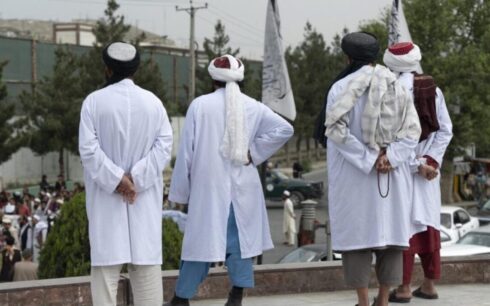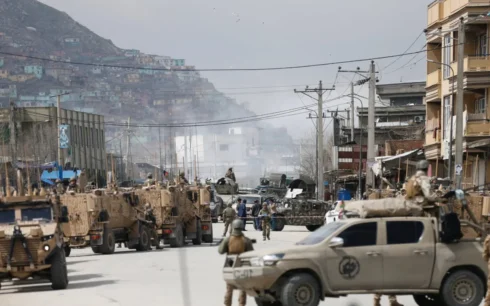HERAT, Afghanistan — Taliban have dismissed multiple female public employees in the western province of Herat over the past two years without legal justification or formal explanation, according to sources familiar with the matter.
Two sources in Herat told Amu that the dismissals were carried out “arbitrarily and unlawfully” by local Taliban departments, leaving the affected women in a state of uncertainty and financial hardship.
One source shared a copy of an official Taliban letter reviewed by Amu. The letter, issued by the Directorate for Monitoring and Implementation of the Supreme Leader’s Orders in Herat, requests clarification from local Taliban-run institutions about the grounds for dismissing several women from their posts.
“In light of these actions,” the letter reads, “please specify which order from the leadership of the Islamic Emirate authorized the termination of female employees. If no such directive was received, on what grounds were these dismissals carried out?”
Shirin Alokozai, a pseudonym used by one of the dismissed women, said she worked in a local government office in Herat until she was abruptly removed from her position eight months ago.
“I was dismissed without any explanation,” she said. “My role was given to a man. I was told that I, along with hundreds of other women, had been removed under orders from the Taliban’s leadership. Now, I am left struggling to support my children.”
Several other dismissed employees interviewed by Amu, all using pseudonyms for safety, said they are facing severe financial hardship. They called on the Taliban to allow women to return to their jobs and to reinstate their right to work, education, and higher learning.
Faiza Rahal, a former employee of the previous government, said, “I urge the Taliban authorities to rehire us so that we can support our families. Receiving a salary again would help ease our economic burden.”
Since regaining power in 2021, the Taliban have imposed sweeping restrictions on Afghan women, including bans on secondary and university education, public employment, and participation in public life. Rights groups say the most affected have been women working in the civil service.
In addition to dismissals, government employees — including men — have reported months-long salary delays. Some civil servants told Amu that since January, their pay has been severely delayed or suspended, exacerbating economic pressures.
The Taliban have not issued a public statement regarding the dismissals in Herat, and no official directive has been disclosed authorizing the termination of female employees.





